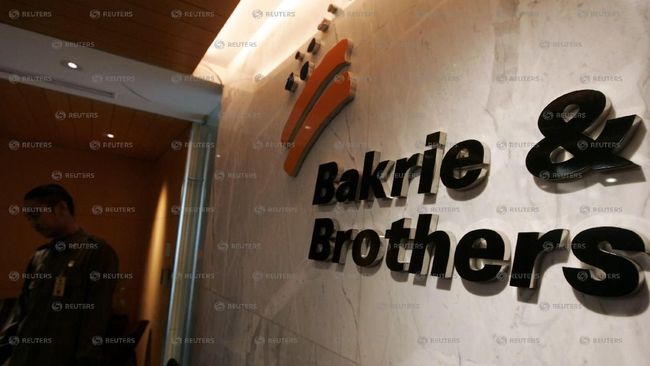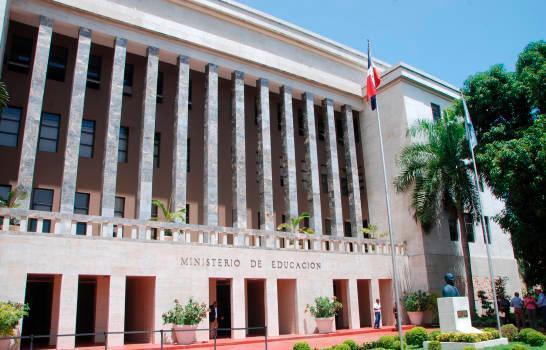Jakarta, CNBC Indonesia – The story of growth, development, fall, rise, and then return to rule on a business trip is a cycle cliche. However, when that wheel of fate belongs to a three-generation conglomerate that moves like roller coaster it will be an interesting story to hear.
This is the turning point of a man who is often immersed in trillions of debt but is always able to get up; PT Bakrie & Brothers Tbk (BNBR). The story is about saving “like a cat with seven lives” his subsidiary, PT Bumi Resources Tbk or BUMI, on the stock exchange that was once known as the stock of a million people.
This old story is even more relevant to the weight of the new addition of “another life” after the Bakrie family recently managed to partner with conglomerate Salim Group to save BUMI from the brink of bankruptcy due to the increase in debt.
ANNOUNCEMENT
Scroll to resume content
Corporate action private placement This huge amount is Rp. 24 trillion, making this coal producer healthy again, although the Bakrie family property has been eroded, they still have control.
Starting from the Trade of Agricultural Products
Born in 1916, Achmad Bakrie made his fortune selling coffee in 1936. He spent his youth collecting rubber, pepper, coffee and other agricultural products commonly found in his native Kalianda, Lampung province. An area called Bumi Rua Jurai, located at the tip of the island of Sumatra, which has a stretch of dry farmland amidst towering hills.
After graduating from Hollandsche Inlandsche School (HIS), Atuk – as he is known – immediately worked as a street vendor at NV Van Gorkom, a Dutch trading company. Despite only two years there, he quickly absorbed the realization that modern people were able to sell much more expensive agricultural products to people in need.
He resigned after learning about the silk routes for goods and founded Bakrie & Brothers General Merchant and Commission Agent in Teluk Betung, Lampung.
During the Japanese occupation, Bakrie relocated his business to Jakarta and began his pioneering expansion of rubber, pepper and coffee export to Singapore, which later earned him the title of pioneer commodity exporter. This business quickly raised capital because Bakrie appeared to have inherited the VOC business, which had monopolized Indonesian agricultural trade for hundreds of years.
Billions of money raised so quickly spurred a massive expansion of the business, such as the purchase of a cable factory that was transformed into a steel pipe factory, a metal casting factory, and a crumbled rubber factory. From here its activity extends to infrastructure projects. However, the commodity boom coupled with soaring world oil prices has caused it to return to agribusiness and mining.
In 1986, Bakrie proudly bought Uniroyal Sumatra Plantations, a plantation company belonging to the US imperialist Uniroyal Inc. and transformed it into Bakrie Sumatra Plantations.
Bakrie died on February 15, 1988 in Tokyo and left her business to her four children, Aburizal Bakrie, Roosmania Kusmulyono, Nirwan D. Bakrie and Indra Usmansyah Bakrie. His wife, Roosniah Bakrie, is a woman of Batak blood with the surname Nasution.
By the time Bakrie died, her business was already booming in various sectors, from agri-food, mining, steel, to construction. The family business was then run by the eldest, Aburizal Bakrie, as was customary in Lampung. Born in Jakarta November 1946, Aburizal was actually an engineer, graduated from the Faculty of Electricity, Bandung Institute of Technology, graduated in 1973.


